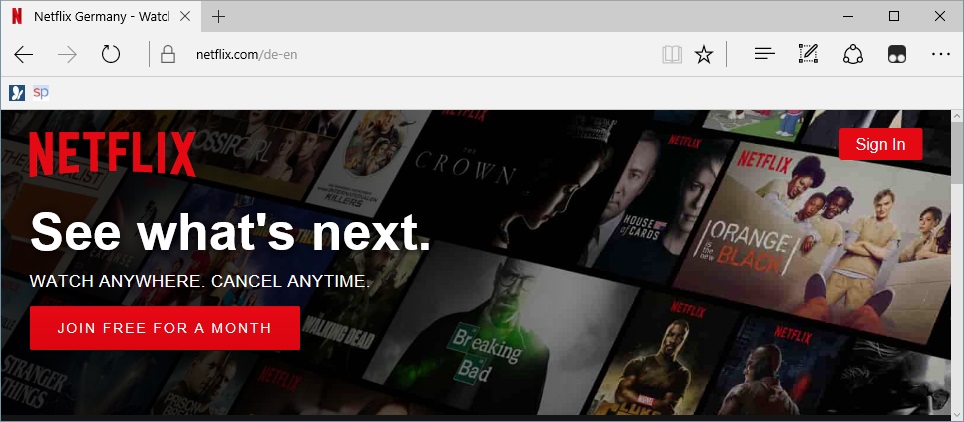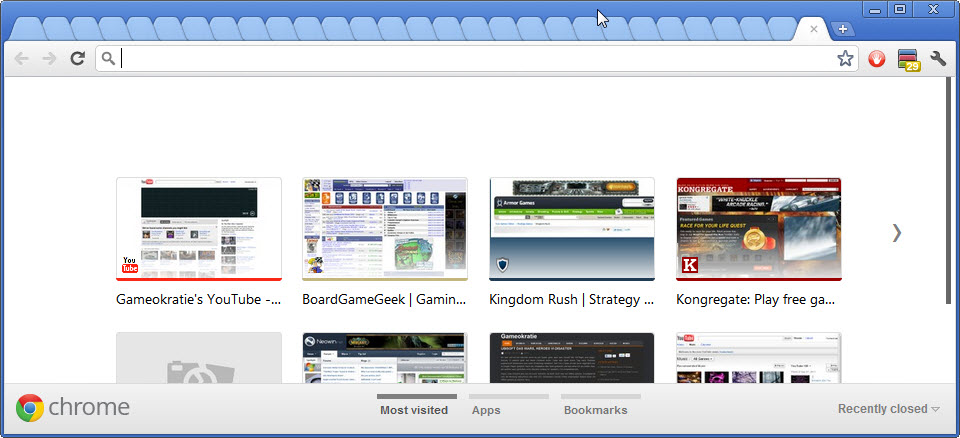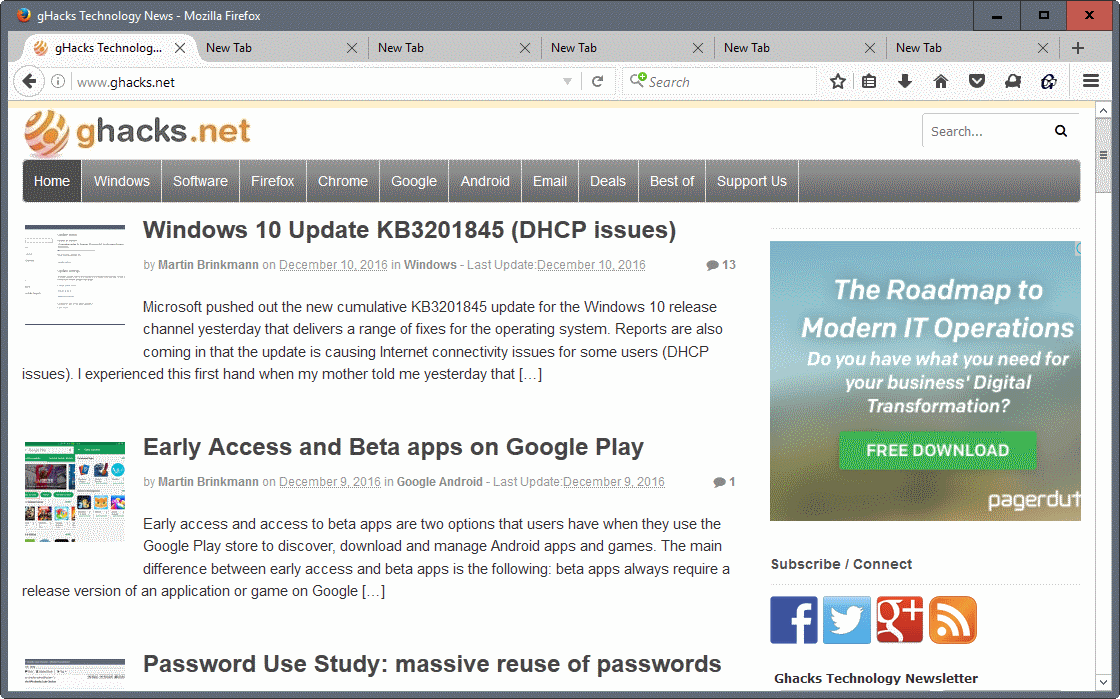What will 2017 bring for web browsers?
2017 is just a couple of days away, and it will be an interesting year if you are interested in technology.
What will 2017 bring for web browsers like Firefox, Chrome, Edge or Vivaldi? This is what I try to predict in this article.
To do that, I have to look at the current situation first briefly. In the Windows world, there are three major browser makers left. They are Mozilla, Microsoft, and Google.
These three organizations dominate the market, and many other browsers, Opera, Pale Moon or Vivaldi, use code from the major three.
While there are some projects ongoing that are independent, Otter Browser for instance, they are niche products and it seems unlikely that they will make a big splash in 2017.
2016 was the year that Chrome overtook Microsoft's Internet Explorer usage share-wise, that Edge did not move one way or the other, and that Firefox rebounded from new lows.
2017: web browser predictions
Lets take a look at browsers individually.
Microsoft Edge

Microsoft Edge was introduced as the main web browser in Windows 10. It is the default browser on the system which gives it an -- wait for it -- edge over other browsers.
Microsoft's work on Edge continues, but it seems unlikely that whatever the company will bring to Edge in 2017 will change the popularity of the browser in one way or the other.
I expect Microsoft to loosen up the extension restrictions that are currently in place. Extensions support was an important step for Edge in 2016, but what is currently available pales in comparison to Firefox and Chrome.
Part of it comes down to Microsoft having a tight grip on extension development currently. While you can release extensions for Edge, you cannot upload them to Microsoft Store right now it seems without Microsoft's approval.
Edge does a couple of things really well or even exclusively, Netflix in 4K or even 1080p for instance, but the browser trails behind in other areas as well.
The browser suffers from missing mobile versions of the browser, as there is no option right now to sync bookmarks, browsing history or tabs between Edge on the desktop and mobiles.
Outlook: will get missing or lacking features in 2017, but that won't do anything for the browser's usage share.
Google Chrome

Google Chrome looks like the clear winner when it comes to browsers in 2016. It jumped in usage share, and is now the world's most used desktop browser.
The browser has a lot going for it. It is still reasonably fast -- Google seems to ignore benchmarks and speed for the most part now though -- still highly optimized in regards to its interface, and backed by cutting edge tech. Google Chrome works well out of the box, and it is easy to use.
The downside is that Google plays it safe in all other regards. Sure, Material Design added new accents to the interface, but apart from that, there is little change elsewhere.
Chrome does not offer many -- or any in some areas -- customization options, and if you worried about privacy, you better not use Chrome on your devices.
Chrome seems to stand still for the most part. This is only true for the browser's front end and not the technology that powers it. If you read Google's announcements when a new Chrome stable version gets released for instance, you will only get information on how many security issues were fixed in that release.
There is barely any information on new features or improvements, and support for the browser is non-existent as well.
Outlook: Chrome may plateau in 2017, and may even dip a little bit.
Firefox

It looked as if Firefox was done in the first half of 2016. Things were not looking bright, with Mozilla making a series of announcements that affected Firefox core features.
The company introduced add-on signing in 2016, decided to focus on WebExtensions and move away from the traditional add-on system by deprecating certain features that made Firefox great.
The organization dropped Firefox OS development, and the new multi-process architecture of Firefox was delayed month after month.
Firefox did rebound in the second half of 2016. Mozilla will push multi-process to all Firefox stable users in early 2017. This marks an important step for the browser as it improves stability of it significantly. Then a bit later, security sandboxing will be added to this to improve the browser in this regard as well.
There is also the Quantum project which will improve Firefox performance significantly in 2017.
Outlook: The future looks brighter for Firefox in 2017, but the deprecation of the old add-on system still looms above its head.
Other browsers
- Opera is a wild card. The browser was sold to a Chinese consortium in 2016, and it is unclear how that will affect the browser. It can go either way: Opera's popularity may rise in China and Asia because of the move, and the company's that are now in charge pushing it, or it could drop if the companies make the wrong decisions.
- Pale Moon may become the browser that disillusioned Firefox users will pick when Mozilla deprecates functionality such as NPAPI plugin support or XUL/XPCOM as the browser will continue to support those. It may see a nice boost in users because of this.
- Vivaldi will continue to get feature updates in regular intervals. 2017 will be a major year for the fledgling browser as the company behind the browser plans to launch a mobile version of it in that year, and the long awaited mail client as well.
Now You: What are your browser predictions for 2017??
This article was first seen on ComTek's "TekBits" Technology News

- Log in to post comments